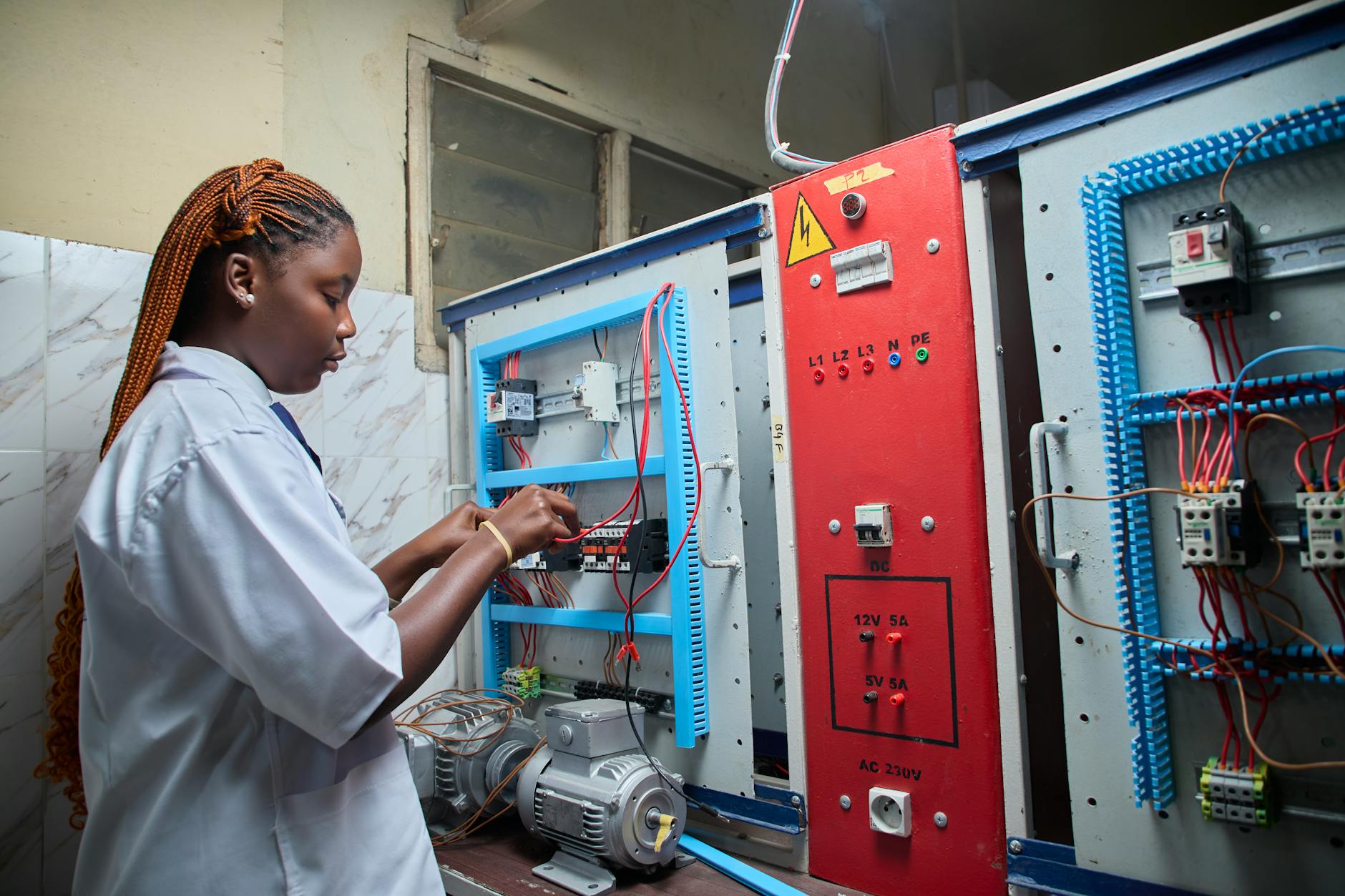
Transforming Business Automation and Digital Strategies for Nepali SMEs
In a world where **technology** is evolving at lightning speed, it's time to ask: are we maximizing our potential, or are we clinging to outdated practices? Business automation and **digital transformation** in Nepal are not just buzzwords; they are revolutionary concepts that can change how small enterprises operate.
Imagine a small business operating out of Pokhara, where the local market often stifles innovation due to traditional practices. Now, consider a scenario where this business adopts cloud-based Software as a Service (**SaaS**) solutions to automate everyday operations, freeing up time for strategic planning and customer engagement. This is not merely a dream—it's becoming a reality.
In recent years, SaaS solutions have shown a staggering increase in adoption worldwide. According to a report from Statista, the global SaaS market is projected to reach approximately $623 billion by 2023. For Nepali businesses, tapping into this potential offers a means to level the playing field against larger competitors.
For instance, consider a local restaurant that integrates an online booking system. With SaaS applications like Zomato or OpenTable, they can manage reservations effortlessly while gaining valuable insights into customer preferences.
This not only enhances customer satisfaction but also simplifies operations for busy staff.
However, many small businesses in Nepal still hesitate to embrace these technologies. A survey by Nepali Times indicates that 38% of small and medium enterprises lack basic digital literacy, preventing them from transitioning into more efficient models. Education and training in digital skills will be crucial for harnessing the full potential of these innovative solutions.
One common misconception is that adopting SaaS is prohibitively expensive for small businesses. In reality, many SaaS solutions are offered on a subscription basis, making high-quality software accessible without substantial upfront costs. This democratizes technology, allowing even the smallest businesses in Kathmandu or Pokhara to operate at a global scale.
As more businesses incorporate automation into their workflows, we can expect to see substantial shifts in productivity. According to a study by Gartner, organizations leveraging automation report a 50% increase in team efficiency within just a few months. This is a testament to how critical it is for SMEs in Nepal to keep pace.
The practical applications of automation are wide-ranging, including:
- Payroll management
- Customer Relationship Management (CRM)
- Marketing campaigns
- Inventory tracking
- Employee scheduling
.png)
.png)
.png)
.png)





